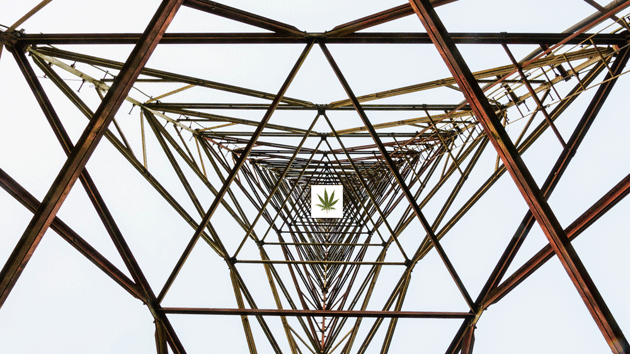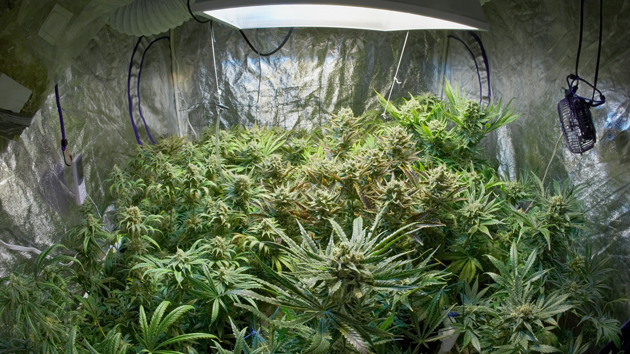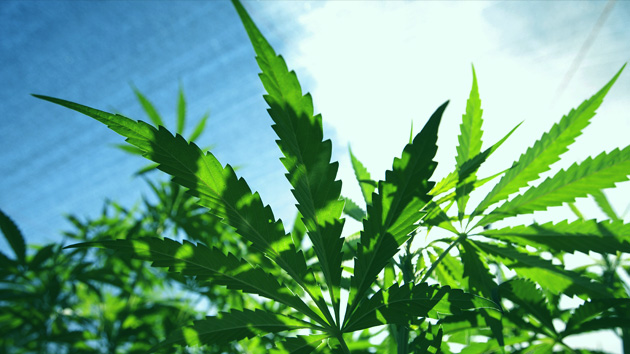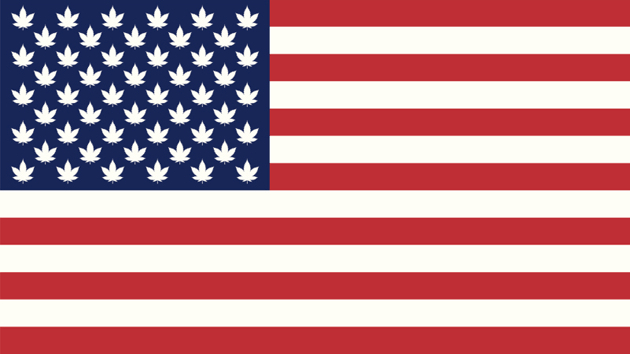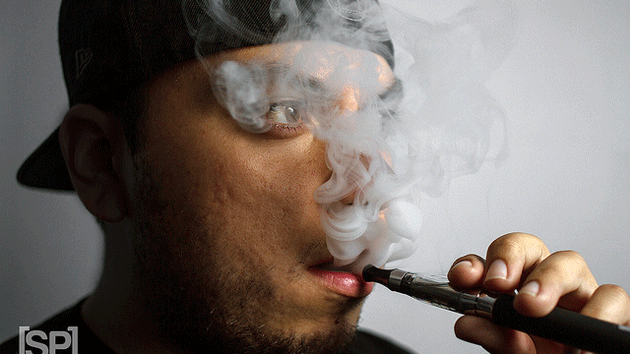
One of many models of vape pens that can be used to discretely smoke marijuana concentrates.<a href="http://www.flickr.com/photos/rvp-cw/9199375802/sizes/z/in/photolist-f1VcVC-kFQZRd/">[SIK-photo]</a>/Flickr
Last year, I joined some parents from my son’s preschool for their semiregular “Dad’s Night Out.” We were at a crowded bar in Oakland, and somehow it emerged that I’d done some stories about marijuana. A dad immediately asked if I’d written about hash oil. Within a few minutes (for the sake of journalism, of course), I was trying a hit of nearly odorless vapor from what looked like a miniature flashlight. A single puff, and I was too high to order a second beer.
It might be an understatement to say that marijuana concentrates smoked from so-called vape pens—the pot version of e-cigarettes—accomplish for stoners what flasks full of moonshine do for lushes: Portable, discreet, and fantastically potent, they’re revolutionizing the logistics of getting high, and minimizing the risk of discovery. Stories abound of people using vape pens to blaze away undetected at baseball games, city council meetings, kids’ soccer matches, and, of most concern to parents and educators, high schools. Even if pot brownies have been around forever, this is probably not what your average Colorado or Washington voter had in mind when they cast a ballot to legalize recreational marijuana.
The concentrates typically used in vape pens are made by extracting THC from pot with water (“bubble hash”), transferring it into butter (“budder”), or refining it into what’s known as butane hash oil (BHO, or “errrl,” since stoners need a slang term for everything pot-related). From there, it can be refined further into a wax or an amber-like solid (“shatter”). These products are up to three times stronger than the most mind-bending buds. In short, it ain’t your father’s schwag, and its snowballing popularity among young people is reshaping the culture of the pot scene: One customarily smokes (or “dabs”) BHO from specially designed bongs known as “oil rigs,” and not at the designated hour of 4:20, but rather at 7:10—which, in case you’re wondering, is “OIL” upside down and backwards.
“Baking Bad,” the headline of a recent Slate piece on the concentrates scene, aptly sums up how the trend could become a PR nightmare for the legalization movement. As the name implies, making butane hash oil involves extracting THC from cannabis using butane—you know, lighter fluid. The growing rash of butane lab fires and explosions could suggest that potheads are going the way of meth tweakers. And when BHO is improperly made, it can be tainted with toxins.
But perhaps the biggest emerging concern with concentrates is how they may enable minors to abuse pot. Though many high schoolers use vape pens to inhale candy-flavored oils that don’t contain psychoactive substances, a study by the Centers for Disease Control and Prevention found that 10 percent had used the devices in 2012 to consume nicotine concentrates (i.e., they’d tried “e-cigarettes”), double the number from the previous year—and that number is likely an underestimate. Emily Anne McDonald, an anthropologist at the University of California-San Francisco, told me her interviews with teens and young adults in New York suggest that the use of vape pens for pot is gaining steam—”especially for getting around the rules and smoking marijuana in places that are more public.” She’s currently applying for a grant to study the use of pot-concentrate vape pens by young people in Colorado.
Not surprisingly, some cities and states that allow medical marijuana don’t look kindly on concentrates. In July, an appeals court in Michigan, where pot is legal for medical use and decriminalized for recreational use in many cities, ruled that concentrates aren’t allowed under the state’s medical marijuana law. In 2012, the Department of Public Health in pot-friendly San Francisco asked the city’s dispensaries to stop carrying concentrates. (It later reversed itself in the face of a backlash.) A recently introduced California bill supported by law enforcement interests would revise its medical pot rules to ban pot concentrates statewide.
The rising popularity of BHO “certainly is a safety issue,” acknowledges Bill Panzer, a member of the board of directors of the California chapter of the National Organization for the Reform of Marijuana Laws (NORML). Yet Panzer doesn’t see prohibition as the solution. “You can either tell people to stop using concentrates, which they won’t,” he says, “or you can say, ‘Let’s regulate it and make sure it’s done safely.”
After some fierce debates, lawmakers in Colorado and Washington have ultimately decided to permit and regulate concentrates. Colorado requires anyone who makes BHO to operate out of a facility that is separate from a grow operation and that has been certified by an industrial hygienist or professional engineer. Washington state’s Legislature last week passed a bill allowing state-licensed pot shops to sell concentrates, as long as the amount sold to any one customer doesn’t exceed seven grams. But there are plenty of do-it-yourself recipes online.
Although more states may decide to regulate the production and sale of concentrates (see our maps of the pot regulation landscape), they’ll have a much harder time preventing people from toking from vape pens on the sly. NORML’s Panzer isn’t worried. He brings up the example of an obnoxiously drunk baseball fan who sat next to his son at a recent Oakland A’s game. “I have never seen anybody on weed doing that,” he says. “Anytime you are replacing alcohol with cannabis, that’s positive.”

